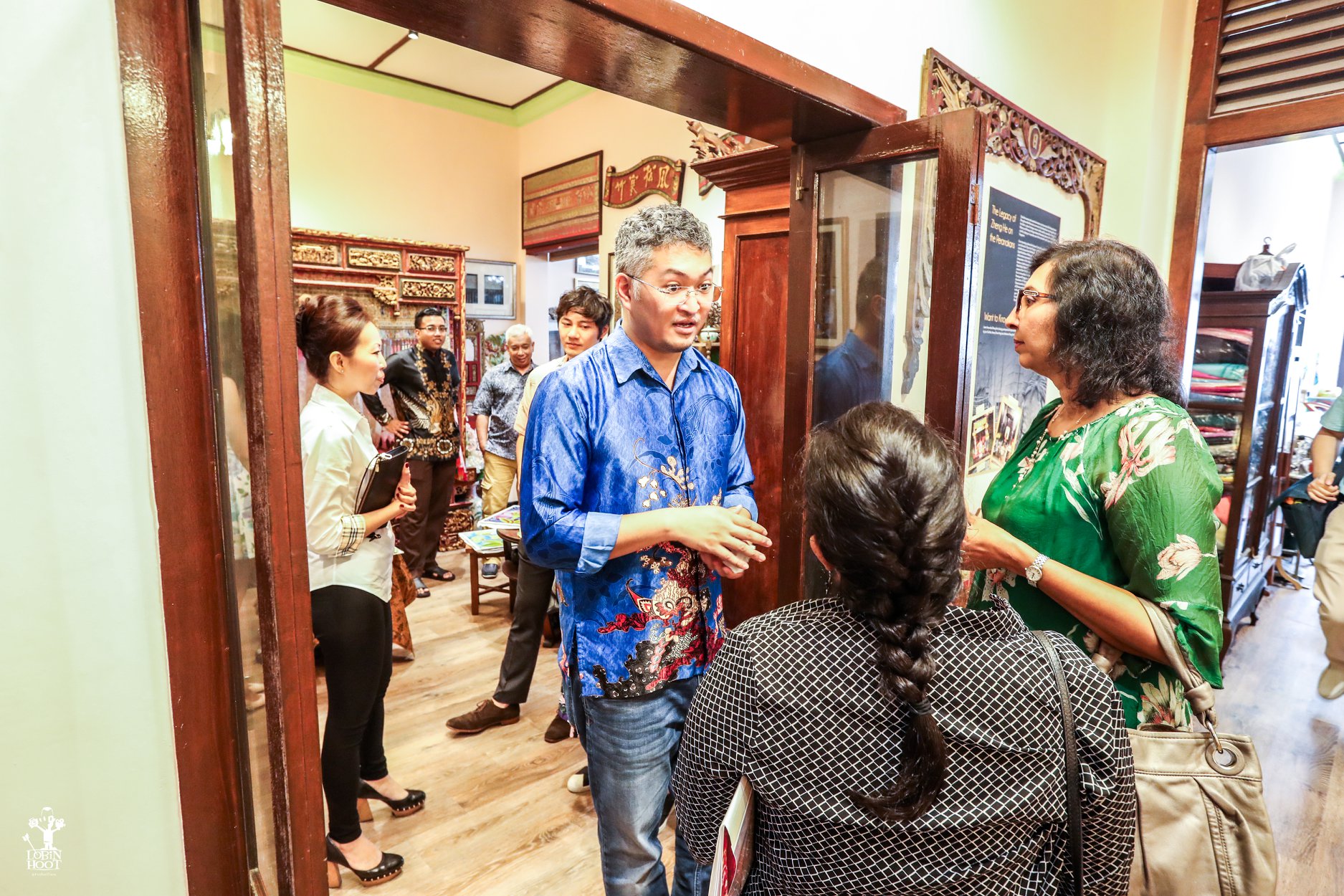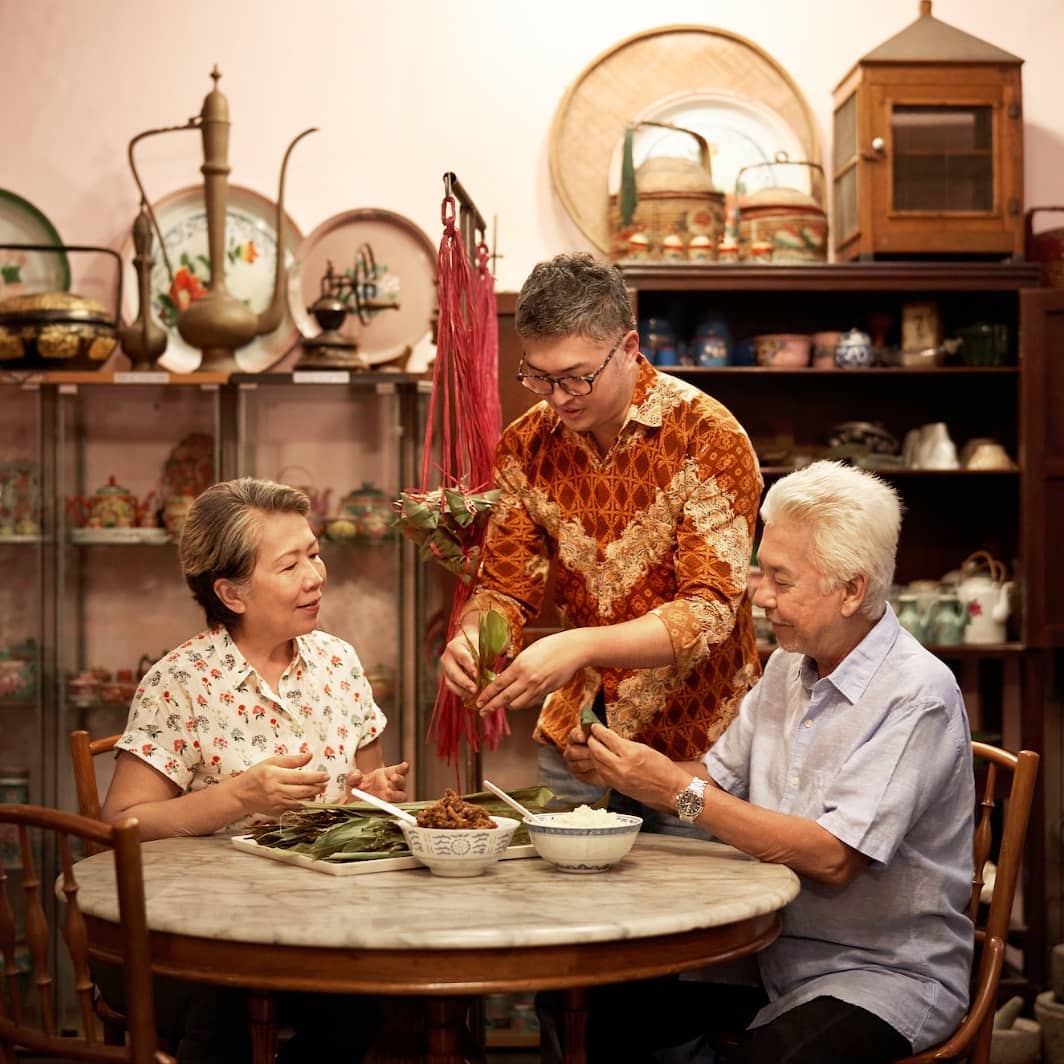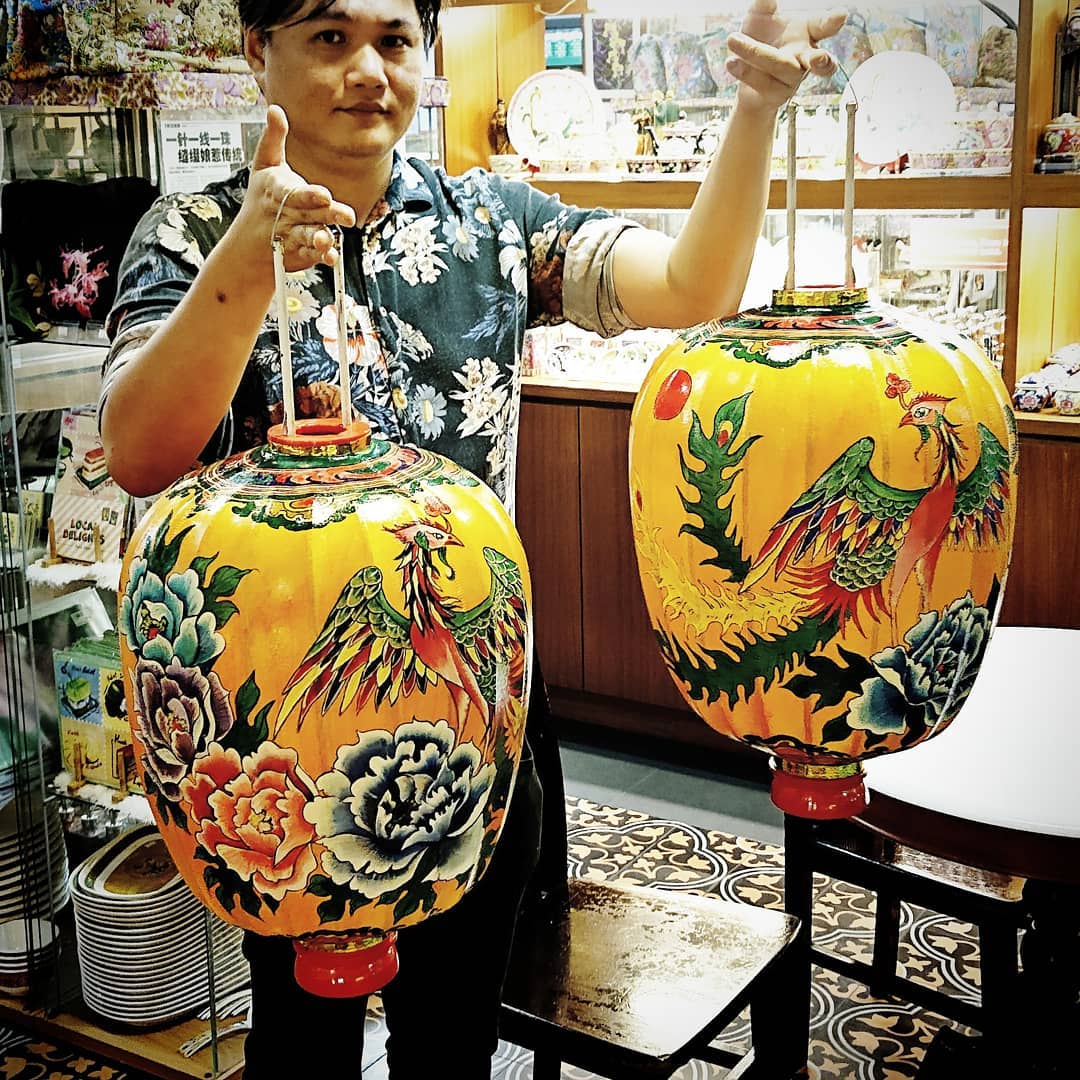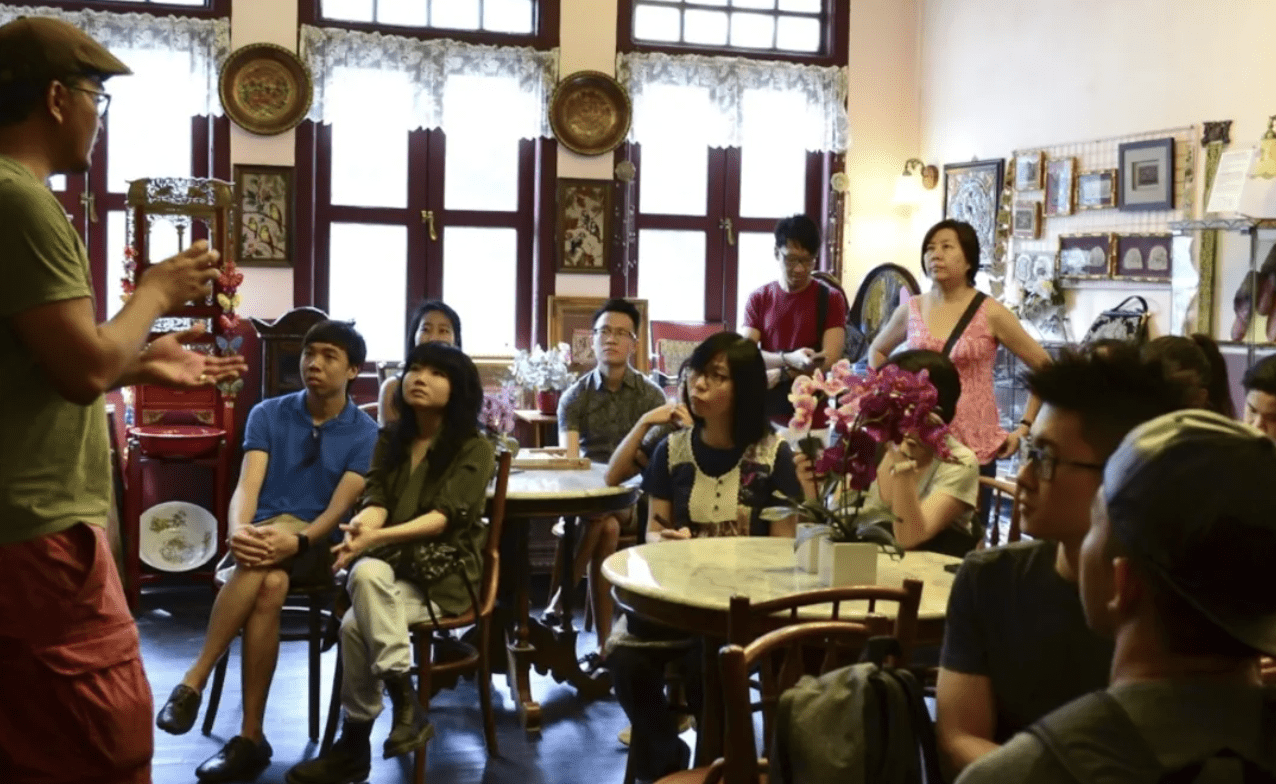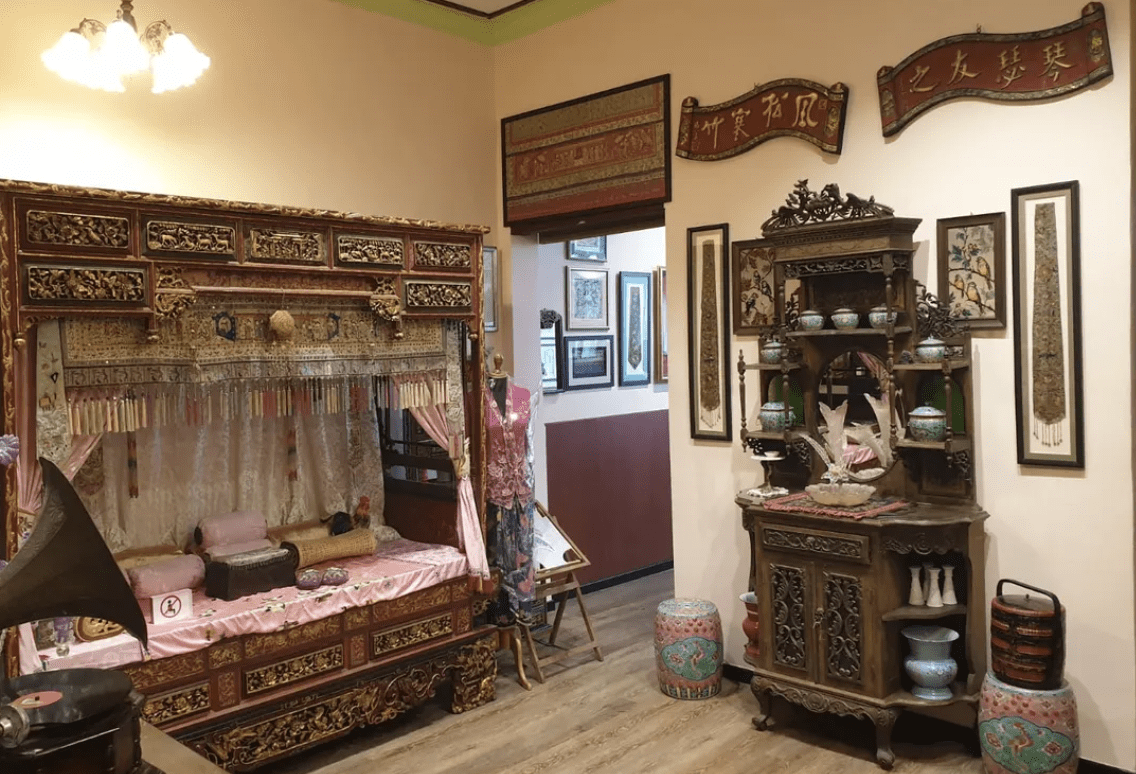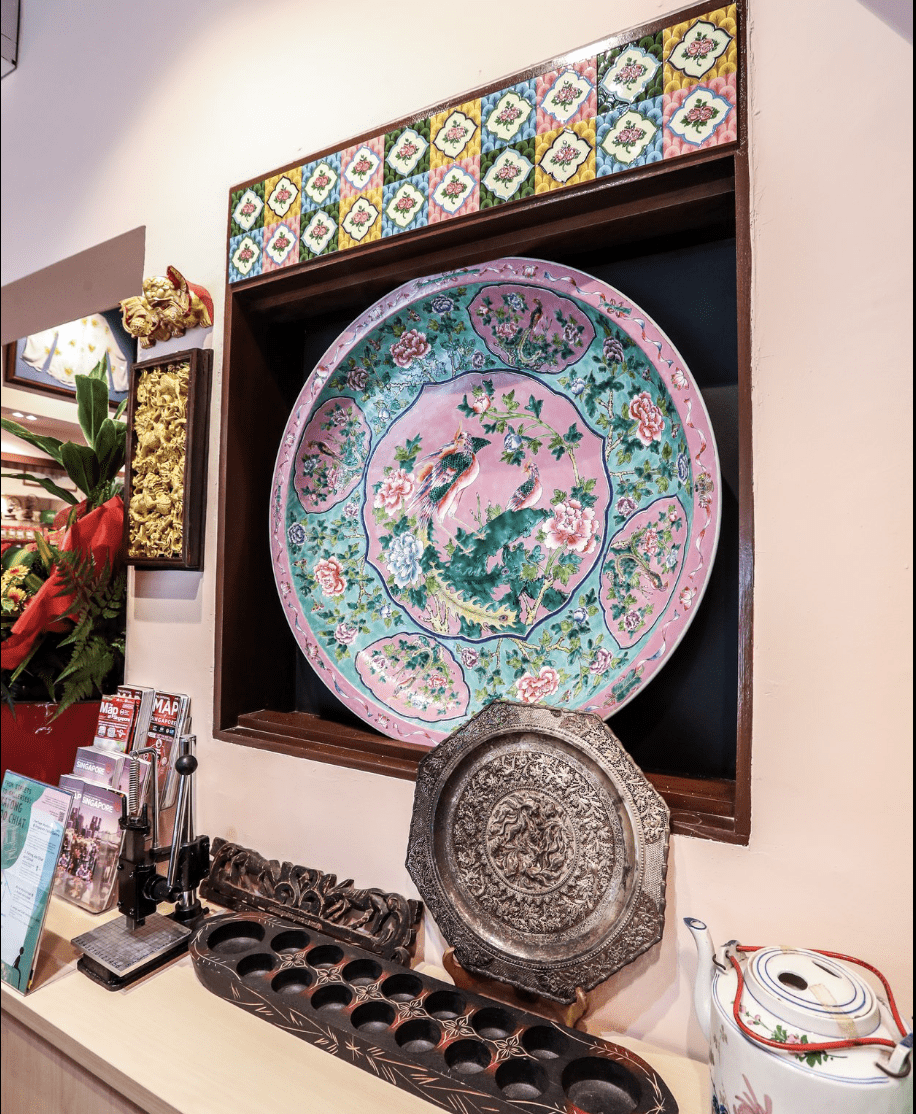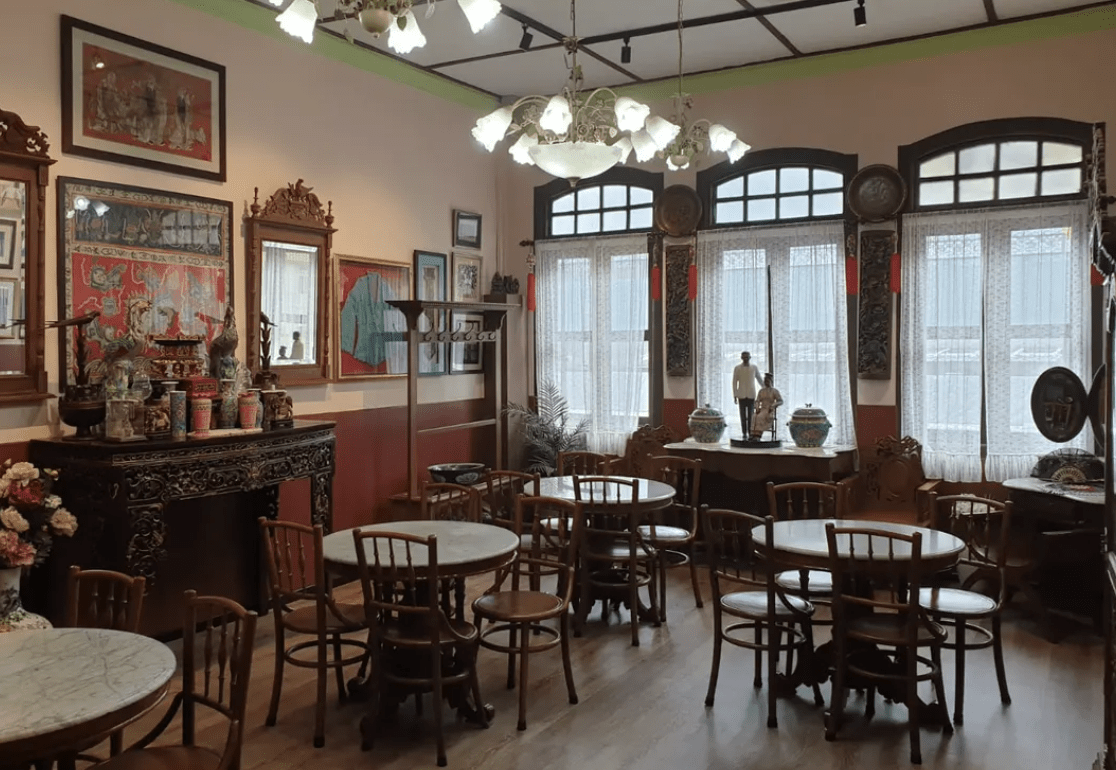Edmond Wong
Kim Choo Kueh Chang has been serving Nyonya Kueh Chang, a traditional bite-sized treat, in Singapore since 1945. When the family business faced challenges like a manpower crunch and flu outbreaks, Edmond Wong and his siblings stepped in to save it. Today, they are the third-generation owners.
Before joining the family business, Edmond worked at the Ministry of Community Development, Youth, and Sports (MCYS) in Singapore. Over the years, he has gathered a rich collection of stories about Singapore and Peranakan culture, which deepened his belief in rediscovering and preserving heritage.
As the Director of Business Development and CSR, Edmond is passionate about heritage and community. He drives initiatives that offer training and employment to individuals from diverse backgrounds, including persons with disabilities, LGBTQ+ communities, and those facing socio-economic challenges. This effort creates a sense of inclusion, reflecting the values instilled by his late grandmother. In an interview, Edmond shared, “When I was studying overseas, I volunteered with NGOs. Giving back to the community became second nature. When I joined the family business in 2009, I saw few local SMEs doing the same, so I decided that Kim Choo would be one of them.”
Peranakan

Edmond explains that "Peranakan" originally refers to "locally born descendants of foreigners." It was only in the late 19th century that Chinese communities in Southeast Asia adopted the term to distinguish themselves from newer immigrants. This group embraced local indigenous lifestyles while retaining their Chinese beliefs, creating a unique culture that blends Malay and Chinese influences. “So in reality, we all share a common Straits Settlement heritage, since most of our grandparents were immigrants,” Edmond says. This shared heritage is what Kim Choo strives to preserve and pass on to future generations in Singapore and share with the global community through its business.
Late Madam Lee Kim Choo
Born in 1933 in Terengganu, the daughter of a wealthy merchant and a Singapore nyonya, late Madam Lee Kim Choo's father insisted of giving her away immediately after her birth. She shared in an interview, "According to the astrologer, my stars clashed severely with my father and that she would bring him ill fortune, so I had to leave them." Desperate, late Kim Choo's mother quickly wrote to her mother in Singapore and begged her to take the baby. She was then raised in a strict Peranakan household. Her grandmother even gave her baby to her sister to take care of me, which fostered in me an eternal love and respect for her." She said this with tears in her eyes.
The family struggled with debt and made do by selling local kuih and foraging for unwanted vegetables local pasar. To support herself and her family, Madam Lee worked at a coffee shop and married a man she met there, despite her family's objections. She married at 17, hoping that love would change her husband’s gambling habits. However, their earnings from selling chap chai png(rice with vegetable stew) from ages 21 to 29 were insufficient to sustain them.
Seeing her plight, a sympathetic neighbor suggested she focus on her Nyonya kuih, saying, “Selling Ang ku kueh won't bring much success, but I remember your Nyonya rice dumplings—I'm sure you can make something out of it.”

Guided by her grandmother's recipe, she made a bold decision and began a new chapter by selling kueh chang babi or rice dumplings as a humble stall under a Banyan tree at the intersection of Joo Chiat Place and Everitt Road. She noted, “Selling Nyonya rice dumplings didn't bring much fortune, as it was just enough to cover my children’s education fees.” Despite the challenges, such as getting drenched in the rain, this venture marked the beginning of a brighter future.
Not deterred by unpredictable weather, she once had to borrow money from a local loan shark to set up a stall with a tent and tables to keep the business going. However, they were frequently disturbed by the authorities and asked to leave. With the help of Dr. Fong Kim Heng, a pioneering political figure, my grandmother secured a bank loan to acquire a commercial shop at 60 Joo Chiat Place following Singapore’s independence. This pivotal move enabled Madam Lee Kim Choo to continue selling rice dumplings even during adverse weather conditions.
 Madam Lee Kim Choo's grandmother was originally from China, adapted to the local culture and began wearing Peranakan Nyonya clothes, influenced by the local Chinese community, becoming a beloved figure in the neighborhood. She was nicknamed Bibik Kueh Bakol and her secret recipe made the kueh bakol stay soft for weeks.
Madam Lee Kim Choo's grandmother was originally from China, adapted to the local culture and began wearing Peranakan Nyonya clothes, influenced by the local Chinese community, becoming a beloved figure in the neighborhood. She was nicknamed Bibik Kueh Bakol and her secret recipe made the kueh bakol stay soft for weeks.
($)USD
(RM)MYR
(Rp)IDR
(¥)CNY
($)HKD
(₩)KRW
(₱)PHP
($)SGD
(฿)THB
